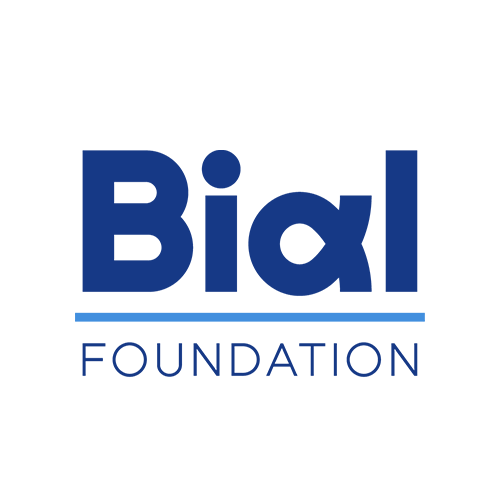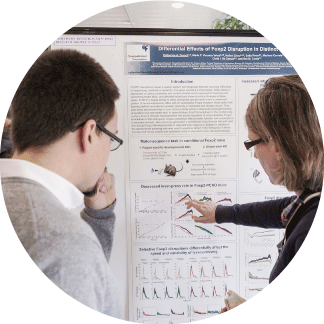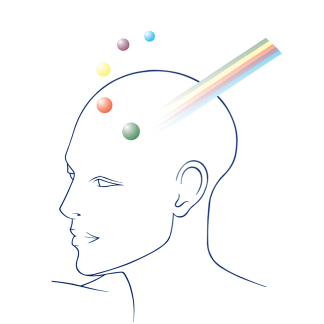News
Top Stories

Do rats recognize musical melodies like humans?
Study reveals that rats showed sensitivity to track harmonic and temporal patterns in music and such sensitivities might be shared across species.
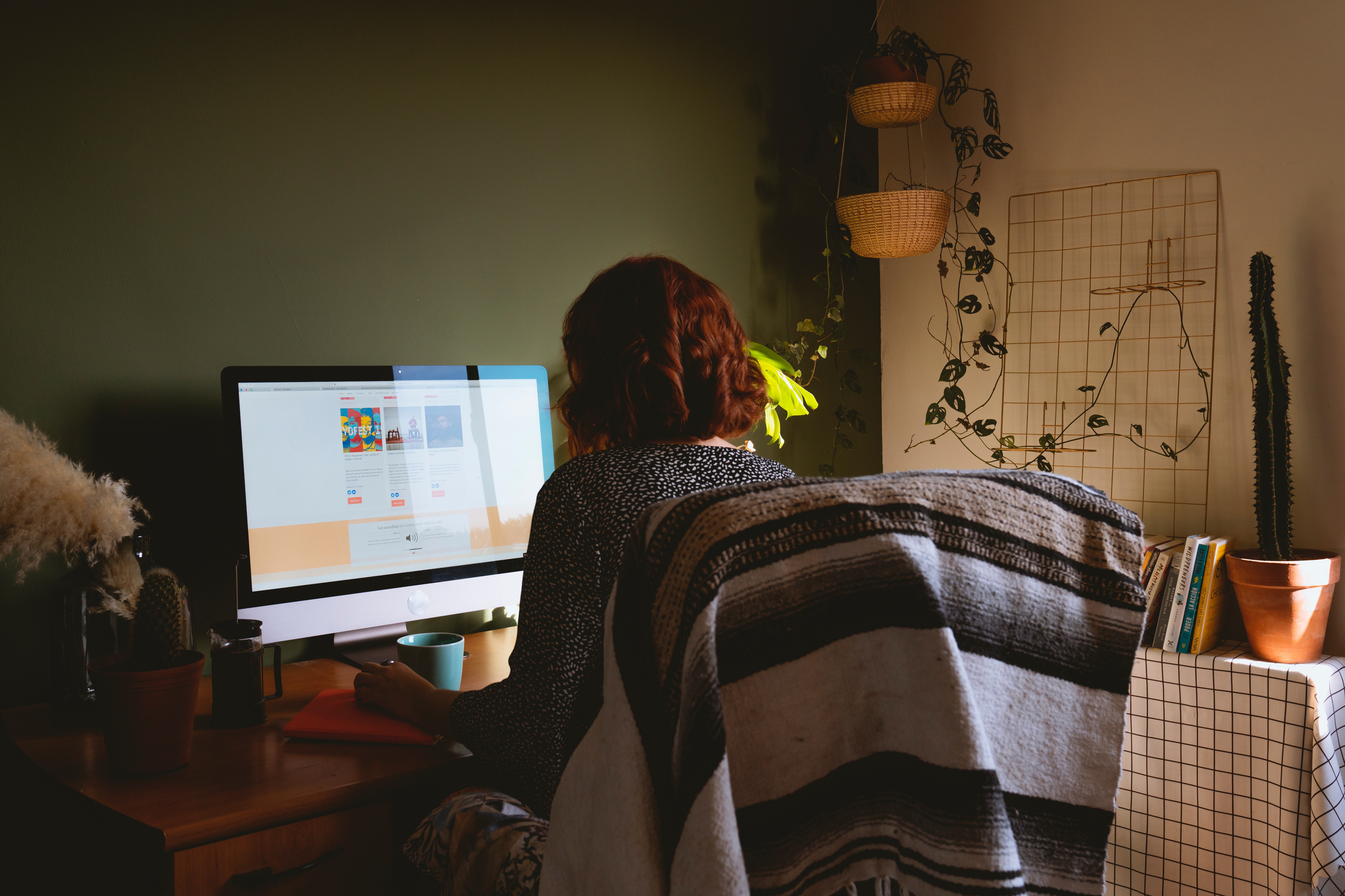
Evening people show enhanced fear acquisition, which may increase the risk to develop anxiety
Researchers resorted to the classic Pavlovian paradigm of fear conditioning to study the association between chronotype and fear responses in healthy humans.

Newborn hearing analysis can predict neurophysiological development at 12 months
Study shows an association between auditory processing and developmental outcomes in infants, crucial for the early detection of neurodevelopmental disorders.
News

BIAL Award in Biomedicine 2025 increases value to 350,000 euros and opens nominations
The fourth edition of the BIAL Foundation international award, the BIAL Award in Biomedicine, is underway, with nominations open until 30 June. This edition, with an increase in value to 350,000 euros, seeks to recognise work published in the broad biomedical field within the last ten years, the results of which are considered of exceptional quality and scientific relevance.
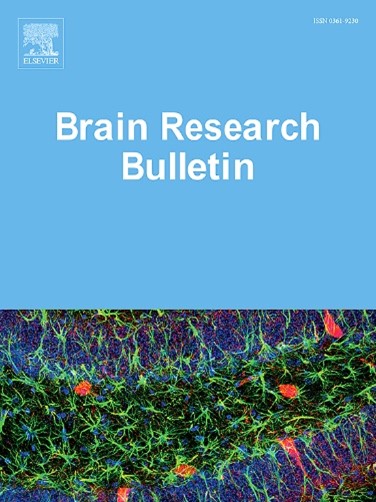
Do placebos work even when we know they're placebos?
Research has shown that placebo-related expectations are linked to activation changes in regions involved in attention and cognitive control (e.g., anterior cingulate cortex), as well as somatosensory integration (insula and parietal regions). However, these studies have typically used deceptive placebos presented as active treatments. To date, the effects of non-deceptive placebos, or open-label placebos (OLPs), that is patients are fully aware that they are not taking an active medication, have not been fully explored. Anne Schienle and Albert Wabnegger conducted an fMRI study to examine the effects of open-label placebos on emotional regulation, specifically in reducing feelings of disgust. Participants rated the expected effect of the OLPs before the experiment and evaluated the perceived effect after the experiment. Results indicated that when participants’ expectations concerning the OLP treatment were met, there was reduced brain activity in key brain areas, including the anterior cingulate cortex, insula, parietal regions, as well as parahippocampus. These areas are crucial for identifying meaningful stimuli and for evaluating both the emotional relevance and context of an experience. Thus, the decrease in activity in these areas suggests that when expectations are met, the brain processes the emotional salience and context of the stimulus more efficiently and with less intensity, contributing to emotional regulation. This study, published in the journal Brain Research Bulletin, in the paper Neural correlates of expected and perceived treatment efficacy concerning open-label placebos for reducing emotional distress, was supported by the BIAL Foundation, in the scope of the research project 03/22 - The power of imagination: Neural effects of imagined placebo intake.

Does belief in the paranormal make us more vulnerable to stress?
The idea that belief in the paranormal is associated with maladaptive psychological processes has been widely challenged by recent studies. These studies suggest that, in the absence of specific predispositions, such as high levels of transliminality (an increased sensitivity to internal and external stimuli) and traits associated with psychopathology (such as schizotypy and manic-depressive tendencies), the belief in the paranormal does not compromise psychological adjustment or well-being. However, it remains an open question whether different types of paranormal belief, namely Traditional Paranormal Belief (TPB, linked to cultural and social notions of control by supernatural forces) and New Age Philosophy (NAP, associated with more individual and spiritual concerns), can lead to variations in the way they influence the perception of well-being and psychological adjustment. In the scope of project 123/20 - A latent profile analysis and structural equation modelling of paranormal belief, psychopathological symptoms, and well-being, supported by the BIAL Foundation and led by Neil Dagnall, the research team conducted a study exploring whether TPB and NAP are differentially associated with perceived stress (a variable often used in studies in the field as an indicator of well-being). The results indicated that TPB was significantly associated with higher levels of distress and a reduced capacity for coping. In contrast, NAP showed no predictive association. These findings suggest that TPB may reflect a reduced perception of control over external factors, increasing susceptibility to stress, whereas NAP, due to its focus on more individual concerns, does not appear to contribute to these dynamics. Thus, understanding the functional differences between these beliefs is essential to addressing the psychological impact of belief in the paranormal. This study was published in the journal PLOS ONE, in the article Re-evaluation of the relationship between paranormal belief and perceived stress using statistical modelling.


